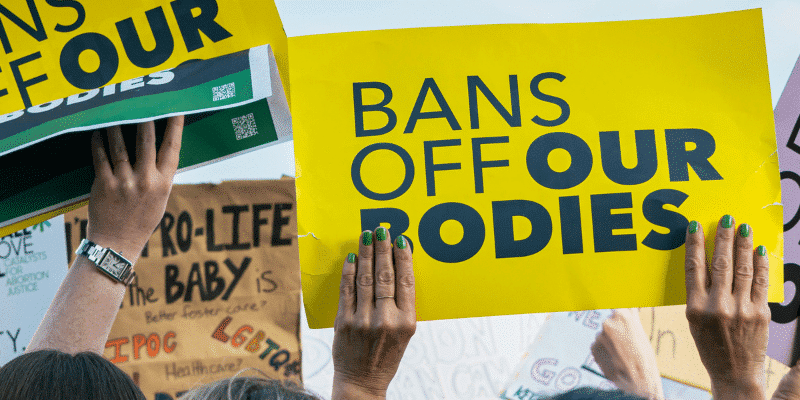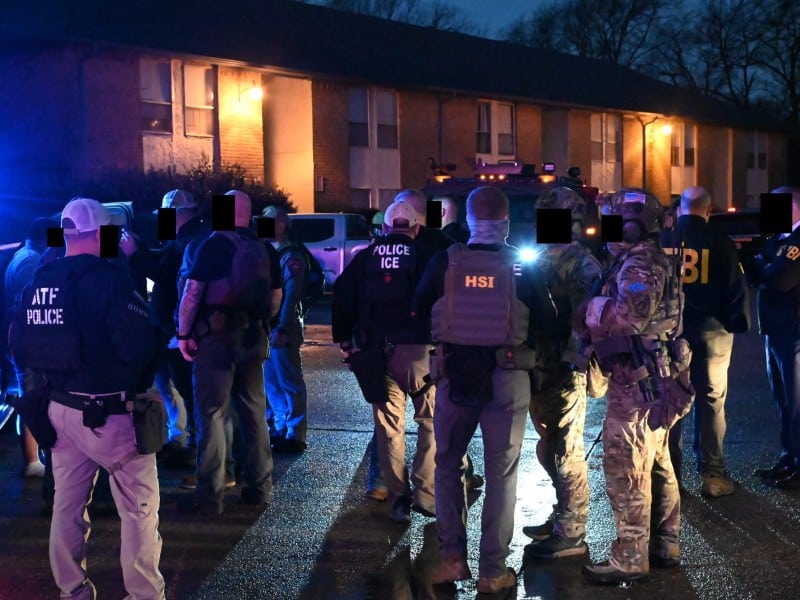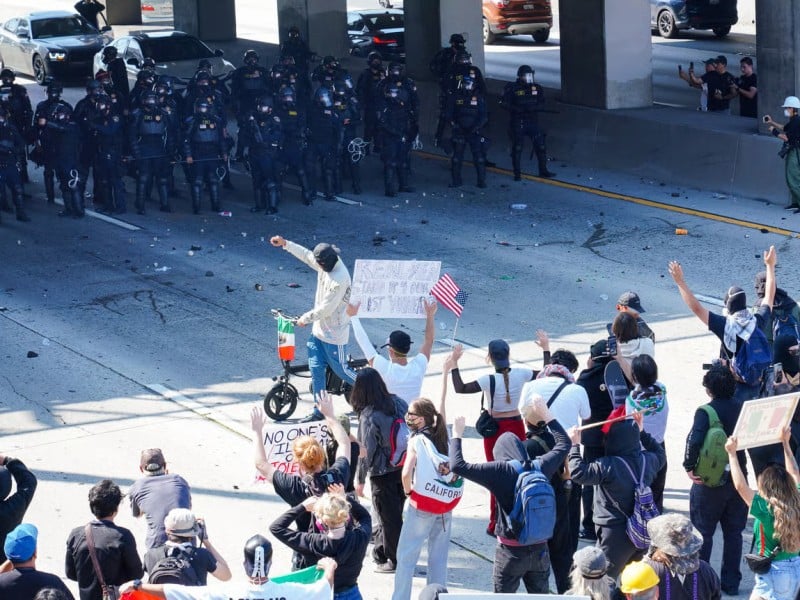Latinos Are Ready to Vote for Abortion Rights This November
The Latino electorate will prove decisive in securing reproductive freedom and abortion access through ballot measures around the country, particularly in states where Latinos are a significant portion of the electorate.

Originally published in Common Dreams. Reprinted with permission.
The Latino electorate will prove decisive in securing reproductive freedom and abortion access through ballot measures around the country, particularly in states where Latinos are a significant portion of the electorate.
In November, abortion rights measures will appear on ballots across ten states, including Arizona, Colorado, Florida, Nevada, and New York, where Latinos make up a significant portion of the electorate. For decades, pundits and politicians have recycled long-held misconceptions about Latino voters and abortion access, citing our conservative and religious beliefs.
Anti-abortion extremists have long fueled these misconceptions through misinformation and disinformation campaigns targeting Latino communities with egregious lies and inflammatory rhetoric about abortion. Yet, polling, focus groups, and direct interactions with Latino communities have debunked these outdated tropes.
The Latino electorate will prove decisive in securing reproductive freedom and abortion access through ballot measures around the country, particularly in states where Latinos are a significant portion of the electorate.
For Latinos, the freedom to decide, a pillar of our American democracy, is critical. Meanwhile, Latinos are being hit directly with anti-abortion efforts that take away that freedom such as the six-week abortion ban put into effect by the Florida Supreme Court and the 1864 abortion ban upheld by the Arizona Supreme Court. In the wake of the Dobbs decision, people of color and Latinas have felt the impact of a lack of abortion access, an element of basic healthcare.
A 2023 report by the National Partnership for Women and Families estimated that nearly 6.5 million Latinas, or 42% of all Latinas of reproductive age in the country, live in a state that either had or was likely to ban abortion. Ironically, it will be abortion access and anti-choice efforts to restrict freedom of choice that will mobilize Latino voters this election.
In a poll conducted by three national reproductive justice organizations, 87% of Latinas named abortion and women’s rights as one of their top priorities as they head to the polls. Another battleground poll conducted by Somos PAC and BSP Research found that 61% of Latino registered voters expressed a more positive/favorable view of
Kamala Harris after hearing that she will protect abortion rights, versus only 19% of Latinos who said they had a more negative view of Harris after hearing that.
In key states to secure the White House and both chambers, Latinos make up large chunks of the electorate: Arizona (25%), Colorado (15%), Florida (20%), Nevada (20%), and New York (12%). In the face of unprecedented attacks on basic healthcare access and targeted attempts by extremists to mislead and divide our community on this issue, this November Latinos will be key deciders on abortion access across the country.
Mari Urbina, Managing Director of Indivisible, Battleground Arizona Lead and former Harry Reid advisor.
Héctor Sánchez Barba is president and CEO of Mi Familia Vota (MFV).





